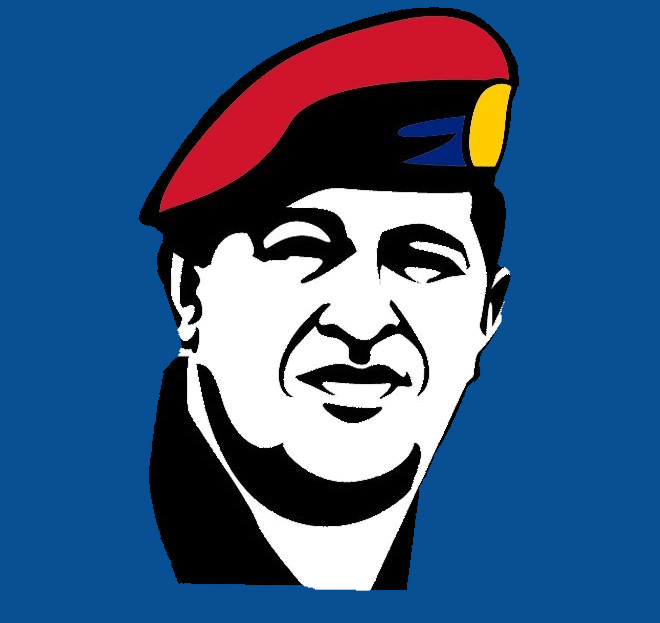Weapons
Policy
The ultimate goal of U.S. policy toward Venezuela was to mold a country that could serve as a satisfactory ally in promoting American interests. How this could be accomplished was through neocolonialism, influence, and imperialist policies. These neocolonialist policies and influences were facilitated by the asymmetry of power and discourse described by Michel Foucault. The unbalanced power of the U.S. military, economy, and discourse could force the Venezuelan government to capitulate the American influence. This development began with democracy promotion in which U.S. policymakers endeavored to export their governing systems and impose it on Venezuela. Democracy promotion was sold to the American people as a moral imperative—the duty of the U.S. superpower to bring other countries closer to its own perceived greatness. Importantly, it was also a means for the U.S. to advance the removal of its adversary, Hugo Chavez, from power under the guise of being a democratic savior.
